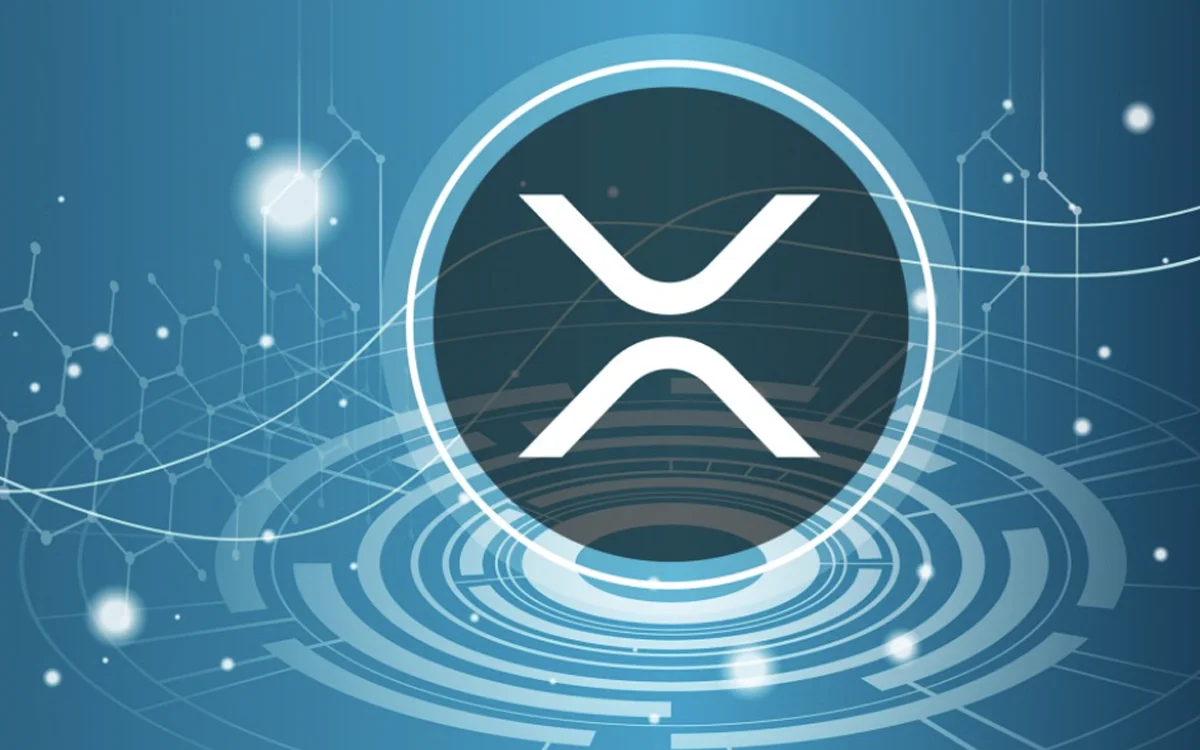How Ripple’s XRP Could Strengthen U.S. Financial Power
10.12.2024 20:00 2 min. read Alexander Zdravkov
XRP has garnered significant attention due to its volatile price movements and its potential to reshape the global financial system.
What sets XRP apart from many other cryptocurrencies is its focus on providing efficient and affordable cross-border payment solutions for the banking sector.
This niche positions XRP as a key player in facilitating faster and cheaper international transactions, which has led many experts to believe that the U.S. could harness Ripple’s technology and control over XRP to boost its economic power, particularly with the upcoming launch of its USD-backed stablecoin, RLUSD.
As President Trump prepares for a second term, the U.S. appears poised to take a leading role in the global crypto landscape. His administration has expressed strong support for creating a crypto-friendly environment, which could provide a substantial boost to projects like Ripple.
Ripple’s U.S. headquarters gives it a regulatory edge, making it easier for the government to oversee and collaborate with the company. Furthermore, Ripple’s RLUSD stablecoin could drive broader adoption of blockchain technology among financial institutions, enhancing the utility of digital assets for both traditional and crypto markets.
Main reasons why Ripple along with XRP is a strategic weapon for the US:
🔹 Ripple has built a next-generation B2B cross-border payments system controlled by a US company.
🔹 RLUSD will be able to expand the usage of USD around the world, especially for financial institutions…
— Anders 🏁🌏 (@X__Anderson) December 2, 2024
Ripple’s dominance in the XRP market cannot be understated. With the company controlling 45% of XRP’s total supply, it holds significant sway over the token’s value and potential impact. In addition, Ripple is actively exploring the decentralized finance (DeFi) space, signaling its intent to broaden its influence in emerging financial sectors.
By integrating DeFi products and expanding its reach within the blockchain ecosystem, Ripple is positioning itself as a critical player in the evolving crypto landscape. This strategic growth could solidify the U.S.’s role as a leader in the global adoption of cryptocurrencies and blockchain technology.
-
1
Trump Family Reaches Resolution on Memecoin Dispute, Eyes Major Token Purchase
08.06.2025 14:00 2 min. read -
2
XRP Could Beat Solana to the ETF Finish Line, Analysts Say
12.06.2025 17:00 2 min. read -
3
Plasma’s ICO: A $500M Frenzy Sparks Fairness Debate
10.06.2025 22:00 2 min. read -
4
Bitcoin Holds Above $100K, But Analyst Sees Trouble Brewing
07.06.2025 17:00 1 min. read -
5
Ethereum Faces Heavy Sell-Off Amid Rising Geopolitical Tensions
13.06.2025 14:00 1 min. read
XRP Price Prediction: Can XRP Hit $4 After XRPL EVM Sidechain Launch?
XRP (XRP) has gone up by 1.2% in the past 24 hours but, behind that mild price increase, there has been a significant spike in trading volumes. During this period, $2.4 billion worth of XRP has exchanged hands, representing an 83% increase. Just hours ago, Ripple announced the official launch of its Ethereum-compatible sidechain called […]
Ethereum Launches Onchain Time Capsule to Mark 11th Anniversary in 2026
A community-driven initiative launched Monday is inviting Ethereum users to lock art, memories, and personal messages inside a decentralized “time capsule,” set to be opened on the network’s 11th anniversary next year.
Ethereum Accumulation Surges While U.S. Politics Stir Market Uncertainty
A new CryptoQuant report highlights a growing divergence between long-term Ethereum holders and short-term Bitcoin buyers, with significant accumulation behavior unfolding in both markets amid increasing political and economic tension in the U.S.
TRON (TRX) Eyes Breakout as Bollinger Bands Signal Squeeze
According to a new analysis from CryptoQuant, TRON (TRX) may be gearing up for a breakout as tightening Bollinger Bands point to an imminent expansion in volatility.
-
1
Trump Family Reaches Resolution on Memecoin Dispute, Eyes Major Token Purchase
08.06.2025 14:00 2 min. read -
2
XRP Could Beat Solana to the ETF Finish Line, Analysts Say
12.06.2025 17:00 2 min. read -
3
Plasma’s ICO: A $500M Frenzy Sparks Fairness Debate
10.06.2025 22:00 2 min. read -
4
Bitcoin Holds Above $100K, But Analyst Sees Trouble Brewing
07.06.2025 17:00 1 min. read -
5
Ethereum Faces Heavy Sell-Off Amid Rising Geopolitical Tensions
13.06.2025 14:00 1 min. read


